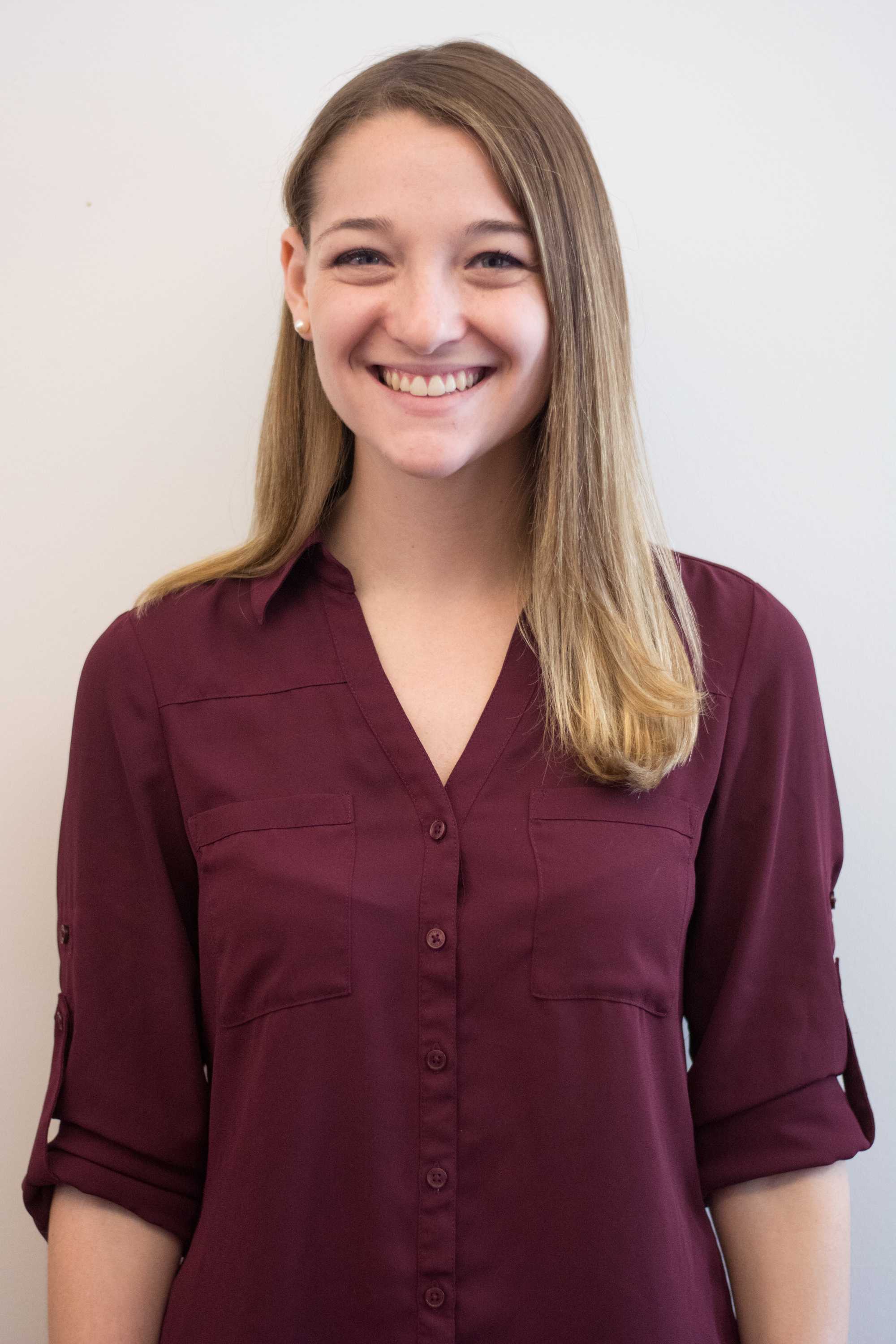
Melissa Holzberg | Opinions Editor
When I was a freshman in the School of Media and Public Affairs, one of my journalism professors told our class that he hated how much emphasis was put on opinion journalism – from TV pundits to newspaper editorial endorsements of political candidates. A week later, I was accepted as an opinions writer for The Hatchet.
Since that week, almost three years ago, I have served as an opinions writer, the contributing opinions editor and the opinions editor at The Hatchet. On more than one occasion I’ve found myself explaining why the work opinion writers do is important. I’ve had to sit and describe how my work differs from a Facebook post a student makes when they’re mad at a professor, and why my writers’ columns are different than articles published on The Odyssey or Thought Catalog.
Opinion journalism gives a “should” to a news article, and the opinions section offers possible steps for problems and issues the news sections cover. A column can share a perspective on an issue that others may not have thought of, and then that writer can propose a realistic solution to the problem after thorough research. Of course, everyone has an opinion – and naturally, everyone thinks that their opinion is the right one. But we should all learn to be more like opinion journalists, giving our opinions with research and possible solutions backing us up.
Over the past year, I’ve led my section through a tumultuous presidential election season, the hiring of a new University president, resident advisers trying to unionize and a dramatic Student Association campaign season. I haven’t added my two cents on a lot of the news this past year, but as an editor I’ve helped flesh out my writers’ arguments, edited content that I wholly disagreed with and learned more about viewpoints that I’d never encountered before. For example, I never considered political diversity as a part of GW’s diversity until one of my writers wanted the Multicultural Student Services Center to add a diversity discussion on the topic. It’s easy to just say that we should all be open to opinions that differ from our own. But opinion journalism forces you to realize that your opinion is not the only one and that someone else’s opinion might be more accepted and better-debated. It’s refreshing, grounding and necessary to understand why people disagree and to be willing to change those viewpoints.
On more than one occasion I’ve found myself explaining why the work opinion writers do is important.
Although reading news headlines will tell you what’s going on in the world, it won’t connect you to the writer and it won’t always make you empathetic to the issue. We need opinion journalists to make us care about issues we normally wouldn’t think to. We need opinion journalists to give us cues on what issues are worth caring about. This is why the news-editorial divide is crucial for newsrooms across the country. News teams need to report and write objectively, and editorial teams need to take that information and develop opinions to persuade readers on a particular stance.
As an editor, I’m pretty repetitive. I tell my writers each week that they need to sell me on a column topic in the first few sentences, and by the second paragraph I need them to tell me why I should even care to fix the problem they want to address. There’s no way for everyone to develop research-based opinions on each news headline in a day, and that’s where opinion journalists come in – not to tell us what to think, but to tell us to think.
Of course, being an opinion journalist is also a good way to upset people. It’s hard to be confronted with opinions that differ from your own. If a reader voted for President Donald Trump in November, reading the many columns published against his candidacy, supporters and policies can be hurtful. And each year when The Hatchet’s editorial board endorses SA candidates for president and executive vice president, I have no doubt that those we don’t endorse are upset by what we write about them. But opinion journalists need to write regardless.
We need opinion journalists to make us care about issues we normally wouldn’t think to.
For the last two years as a Hatchet editor, I know I’ve hurt feelings. I was part of an editorial board, and a byline on an endorsement, that elicited comments about homophobia, sexism and bigotry. Although I believe those claims were unjustified, the editorial started a conversation on campus about gender, pronouns and transparency that was necessary. I’ve written columns about political groups on campus and SMPA that caused administrators and student organization members to ask me to retract statements, which I chose to never do. And even though as a student at this University those times were hard, I’m proud to have started those conversations on campus. Opinion journalists don’t claim that our opinions are the right ones – in fact, every column has to mention the counterargument. Our columns and editorials bring perspective and honesty to campus conversations – and I stand by each column I’ve written and edited, even if my opinion today differs from what I wrote at the time.
My time as the opinions editor of this paper is over, but I won’t stop screaming about why this section is important and why the work of opinion journalists can change the tide of public opinion. As I step into my new role as The Hatchet’s managing director, I’ll still be watching, researching and opining – just with a different title.
Melissa Holzberg, a junior majoring in political communication, is The Hatchet’s opinions editor.
Want to respond to this piece? Submit a letter to the editor.


